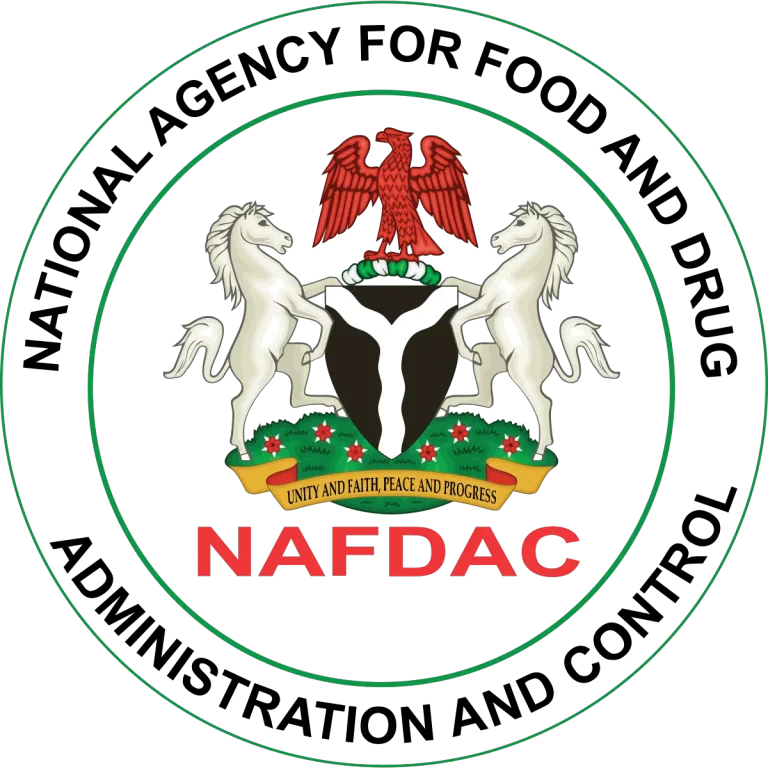The National Agency for Food and Drug Administration and Control (NAFDAC) has said it made about N2.537 billion from recent raids on fake drug markets in Lagos, Onitsha, and Aba.
The Director-General of NAFDAC, Professor Mojisola Adeyeye, said this on Tuesday, July 29, when she spoke to the House of Representatives Committee on NAFDAC. She explained that the money came from fines collected from traders who were caught selling fake and low-quality drugs.
Professor Adeyeye said the raids lasted four weeks in some areas, and during this time, some shop owners were caught selling banned drugs like tramadol, as well as expired or unregistered medicines.
She added that although the agency generated N2.537 billion, they now have only N207 million left. This is because N996 million was used for the operations, N159 million was borrowed from a donor, and N1.175 billion was used for regulatory costs.
She said, “All the fines collected were paid directly into a NAFDAC account. In total, it was around N2.537 billion. The cost of the operations in Lagos, Onitsha, and Aba alone was about N996 million.
“We had to borrow N159 million from a donor grant because we didn’t have enough money. We also spent N1.175 billion on regulatory work. So, we are now left with only N207 million in the account.”
She also explained that the fines were not meant to punish the traders but to enforce the law. She said the standard fine for breaking Good Distribution and Storage Practice (GDSP) rules is N2 million, but in many cases, they reduced it to N500,000.
Speaking about a separate raid in Kano in 2024, she said the operation was different from those in Lagos, Onitsha, and Aba. This raid was done after a Federal High Court ordered that the open drug market in Kano should be moved to a new Coordinated Wholesale Centre (CWC).
She noted that in the Kano raid, no fines or charges were collected. This was because the operation had to be carried out urgently, following the court’s judgment.
“The traders in Kano first resisted,” she said. “There were real threats of violence. They even padlocked their shops. But we bought stronger padlocks and sealed them. To reopen, they had to agree to move to the new market.”
“These efforts are to protect lives,” she added. “At that time, we had no money. Our accounts had just been reopened in January 2024 with a zero balance. Still, we had to obey the court’s decision and relocate over 1,300 shops to the new regulated centre.”


